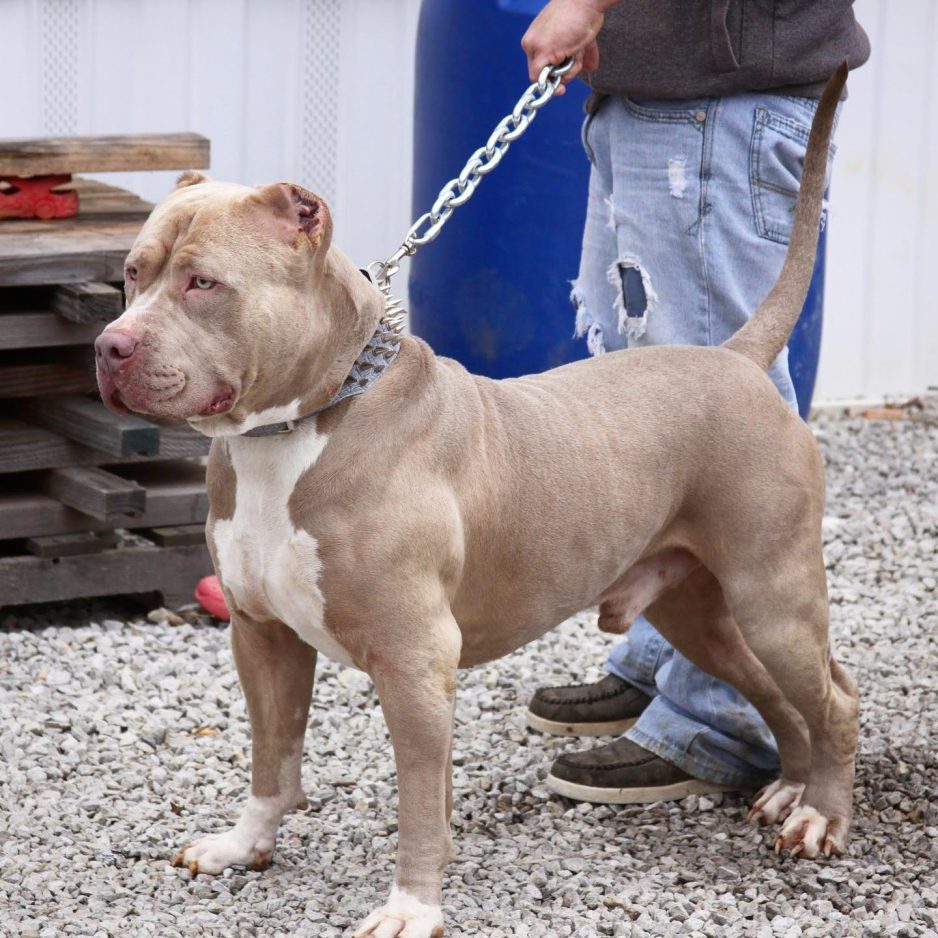Prioritizing stud dog health is important as it extends beyond dog breeding. It is dog is a responsibility that extends beyond the breeding realm, delving into the core principles of holistic stud dog health.
If you are raising a dog stud at home, with the hopes of breeding him in future, this article is for you. We will give you tips on dog stud health and nutrition, the best exercise and training routines, as well as grooming tips if you are thinking of studding a dog.
1) Best nutrition for healthy studs
Proper nutrition is the cornerstone of a stud dog’s health. Beyond simply meeting basic dietary requirements, an emphasis on high-quality proteins, balanced nutrients, and appropriate portion control is crucial.
Breed-specific considerations, age-related dietary adjustments, and the incorporation of supplements should be tailored to the individual dog’s needs.
Why you should consult a vet on dog stud health.
A collaborative approach with a veterinarian is essential in devising a nutrition plan tailored to the specific requirements of a stud dog. Regular consultations ensure adjustments can be made based on the dog’s health, activity level, and any underlying medical conditions.
2) Exercise and Physical Activity
Physical fitness is not only beneficial for the overall health of a stud dog but is also directly linked to reproductive fitness. Regular exercise helps maintain an ideal weight, supports cardiovascular health, and enhances muscular strength — all contributing factors to a stud dog’s vitality and breeding success.
Tailoring Exercise Routines
The exercise regimen should be adapted to the dog’s breed, age, and overall health status. Understanding the specific needs of the individual dog ensures that the exercise routine is both effective and enjoyable, promoting mental well-being along with physical health.
3) Grooming and Hygiene
Regular grooming sessions are not merely cosmetic; they play a crucial role in a stud dog’s health. Proper grooming contributes to skin health, prevents matting of fur, and reduces the risk of skin infections.
Additionally, maintaining oral hygiene, cleaning ears, and trimming nails are integral components of a comprehensive grooming routine.
Importance of Consistent Grooming Practices
Consistency in grooming practices is key. Establishing a regular schedule for grooming sessions not only ensures the dog’s physical health but also strengthens the bond between the dog and its owner.
4) Preventive Healthcare Measures
Routine stud dog health tests are essential for monitoring a stud dog’s overall health. Beyond vaccinations and parasite control, regular health screenings are crucial for detecting potential health issues early, allowing for timely intervention and prevention of complications.
Proactive Approach to Reproductive Health
Considering the stud dog’s role in breeding, a proactive approach to reproductive health is paramount. Fertility assessments, genetic screenings, and regular reproductive health evaluations contribute to the overall success of breeding endeavors.
5) Mental Stimulation and Enrichment
The mental health of a stud dog is often overlooked but is equally vital. Engaging in mentally stimulating activities, interactive play, and regular training sessions not only keeps the dog intellectually sharp but also promotes emotional well-being.
Incorporating Variety in Activities
Introducing variety in activities prevents mental stagnation. Puzzle toys, obedience training, and exposure to new environments contribute to a stud dog’s mental enrichment, fostering a well-rounded and contented canine companion.
6) Common Health Issues and Red Flags
Vigilance in recognizing signs of health issues is a key responsibility of any dog owner. From skin conditions to reproductive health concerns, understanding the subtle signs and seeking prompt veterinary attention can prevent the escalation of problems.
Early Intervention for Reproductive Health
In the context of stud dogs, early intervention is crucial for reproductive health. Recognizing signs of reproductive issues, such as changes in libido or fertility, can significantly impact breeding outcomes.
7) Special Considerations for Aging Stud Dogs
As dogs age, their healthcare needs evolve. Adjustments in diet, exercise routines, and regular veterinary check-ups become even more critical for senior stud dogs.
Prioritizing Quality of Life
The focus shifts from solely reproductive concerns to prioritizing the overall quality of life for aging stud dogs. This involves managing chronic conditions, providing comfort, and adapting the living environment to accommodate their changing needs.
Conclusion
Maintaining a stud dog’s health at home is a multifaceted endeavor that requires a holistic approach. From the intricacies of nutrition and grooming to the importance of mental stimulation and preventive healthcare, every facet contributes to the overall well-being of these valuable canine companions.















Get involved!
Comments